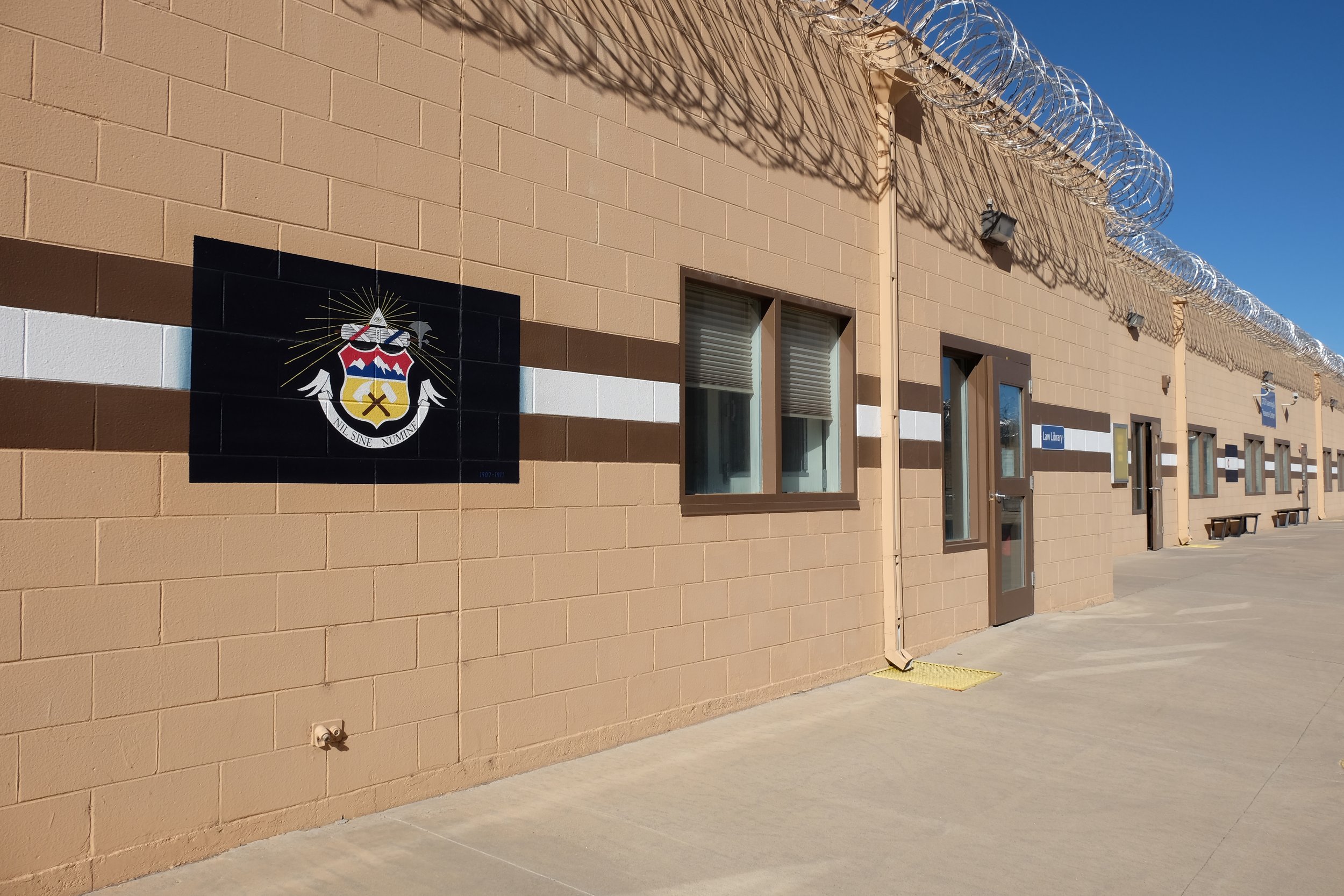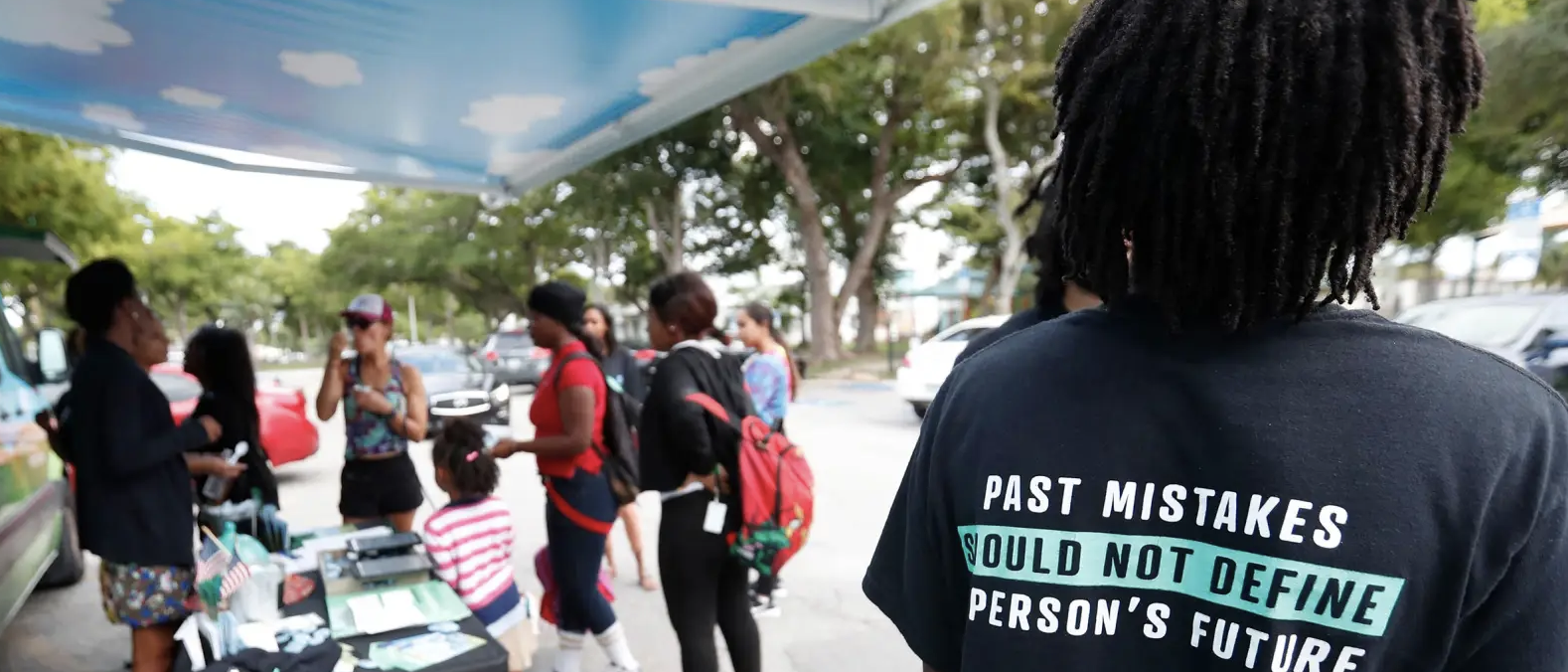
PRACTITIONER BLOG
Read our analyses of developments in Impact Litigation and stay current on class action law

Settlements bring key technology, other accommodations for Deaf, hard of hearing, and blind incarcerated people in Colorado
When Brian Mackes wants to submit a grievance challenging prison conditions, contact the infirmary with his medical concerns, or write a letter to his lawyer, he has to dictate his words to a fellow prisoner* who writes them down and – he hopes – writes them legibly, spells them correctly, and keeps them in confidence. Zach Radford did not understand the teachers in his required therapeutic class and was eventually removed from the class for nonparticipation; he remained on the waiting list for other required classes while others were admitted. Mr. Mackes is blind; Mr. Radford is Deaf;** both are prisoners in the custody of the Colorado Department of Corrections (CDOC).

Class Action Challenging Voter Suppression in Tennessee Survives Motion to Dismiss
Under Tennessee law, anyone convicted of a felony after 1981 is stripped of the right to vote. The result of this policy is that more than 9% of the total voting age population of Tennessee – and more than 21% of African-American voting age population – cannot vote. Despite more than 365,000 Tennesseans having completed their entire felony sentences, including probation and parole, only about 3,400 people have successfully obtained Certificates of Restoration since 2016 – less than 1%.
